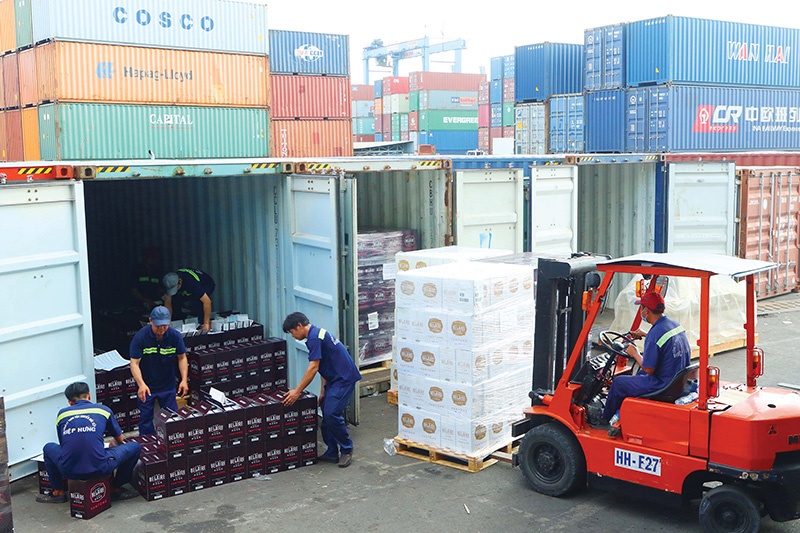The game-changer of RCEP for future regional trade windfalls
 |
| Deborah Elms, executive director Asian Trade Centre in Singapore |
Having an Asian agreement including Asian powerhouse economies is really helpful. It is helpful, not just for those economies and big multinationals, but also for smaller businesses because you need to start that rebound in growth somehow. And it is going to be challenging as COVID-19 infections keep fluctuating.
This region is really struggling, including many of our ASEAN members like Laos and Cambodia. Numbers in the Philippines keep going up and Thailand has been shut down. The region is being hit hard by COVID-19 and they are going to need whatever they can to help push recovery.
The RCEP was launched at the end of 2012 and negotiations began in 2013, but they did not roll up their sleeves until the following year. Completion was almost reached when India dropped out. A substantial conclusion was reached in November 2019 and the parties were ready to sign and move forward last year, but because of the India situation and the pandemic, there was no way to accomplish that.
The agreement will enter into force once at least six ASEAN and three non-ASEAN signatories undergo their respective ratification processes. The target date for launching the RCEP is the start of 2022.
After a decade in the making, the RCEP will eliminate tariffs on 91 per cent of goods as well as introduce rules on investment and intellectual property to promote free trade.
For intellectual property (IP) rights coverage, the RCEP is astonishingly good. This is a region that is not known for IP protection. They do not have a lot of IP chapter commitments in a lot of other trade deals and what they have embedded in the RCEP is way beyond what people imagined. IP is a whole ecosystem that has to come together, so the IP commitments in the agreement were one of the most surprising for me.
 |
| The RCEP does not focus on workers’ rights, but has substantial passages on areas like intellectual property. Photo: Le Toan |
What they do not have are rules on labour, worker or human rights, or anything on the environment. There is no interest in doing so at an ASEAN or Asian level at this point. The members will engage in those conversations in other settings. Vietnam has robust chapters with the European Union, and the Comprehensive and Progressive Agreement for Trans-Pacific Partnership covers it, but they do not want to do so at this time in Asia.
And while you can make an argument that worker rights are important, or environmental rules are important for trade, they are not as central as tariffs for now.
What the stars mean:
★ Poor ★ ★ Promising ★★★ Good ★★★★ Very good ★★★★★ Exceptional
Related Contents
Latest News
More News
- Site clearance work launched for Dung Quat refinery upgrade (February 04, 2026 | 18:06)
- Masan High-Tech Materials reports profit: a view from Nui Phao mine (February 04, 2026 | 16:13)
- Hermes joins Long Thanh cargo terminal development (February 04, 2026 | 15:59)
- SCG enhances production and distribution in Vietnam (February 04, 2026 | 08:00)
- UNIVACCO strengthens Asia expansion with Vietnam facility (February 03, 2026 | 08:00)
- Cai Mep Ha Port project wins approval with $1.95bn investment (February 02, 2026 | 16:17)
- Repositioning Vietnam in Asia’s manufacturing race (February 02, 2026 | 16:00)
- Manufacturing growth remains solid in early 2026 (February 02, 2026 | 15:28)
- Navigating venture capital trends across the continent (February 02, 2026 | 14:00)
- Motivations to achieve high growth (February 02, 2026 | 11:00)

 Tag:
Tag:




















 Mobile Version
Mobile Version